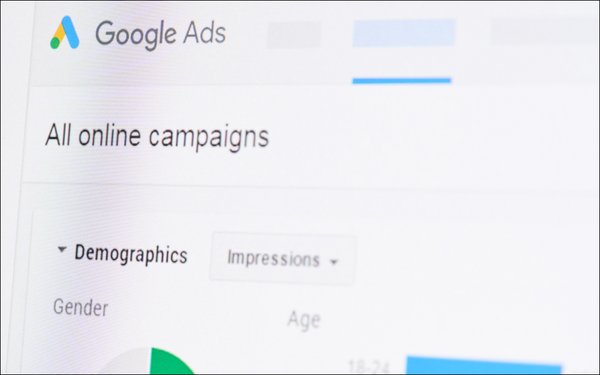
Growing regulatory scrutiny from the U.S. Department of Justice
has some Google executives privately discussing whether or not Alphabet should divest its third-party ad-tech business.
The Justice Department has reached out to more than a dozen publishers,
advertising technology firms and advertising agencies posing detailed questions to Google’s rivals, as the company’s online ad tools become a major focus of an antitrust probe,
according to one report.
The
questions seem to center on Google’s integration of its ad server and Google’s decision to require advertisers to use its own tools to buy ad space on YouTube, which reported generating $15 billion in revenue last year.
advertisement
advertisement
Search agency
professionals have told Search Marketing Daily that its products increasingly require them to “trust” Google and its ad tools. It all comes down to relying more on Google data,
R2integrated Director of Media Rachel Curasi toldSearch Marketing
Daily during an interview last month in which the agency rep spoke about Google’s decision to eliminate third-party cookie tracking from the Chrome browser within the next two years.
Those who want to explore divesting the business of display advertising say it has steadily declined in importance since Google’s purchase of DoubleClick, while businesses like search and
YouTube have soared, reports the Wall Street Journal, citing people familiar with the situation.
Alphabet on Monday reported fourth-quarter 2019 revenue of $46.07 billion, and for the
year the company revenue hit $162 billion -- up 18% year-over-year. Google's search business rose 15% -- reaching $98.1 billion in revenue in 2019.
Google Properties generated $31.9 billion
for the quarter, Google Network Members' Properties generated $6.03 billion, Google Other brought in $5.3 billion, and Other Bets generated about $172 million.
The unit in question is part of
Google’s business that serves network of website partners. It accounted for $21.5 billion in 2019, about 13% of the company’s overall revenue, down from 31% in 2008, the year the
DoubleClick deal closed.
The DoJ has contacted companies hurt by the dominance of its search and mobile businesses, such as Yelp, Duck Duck Go and Oracle. WSJ publisher News Corp was
among the publishers contacted by antitrust investigators, along with New York Times, Gannett, Nexstar Media, and Condé Nast.
A Google spokesperson told the WSJ the company has no plans
to exit or sell the ad-tech business. The report, in part, points to the difficulty in running the business following a divestiture since all of Alphabet’s companies related to Google are so
closely intertwined.